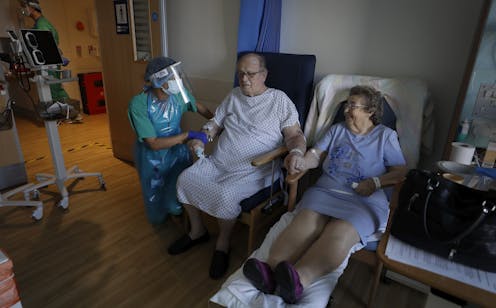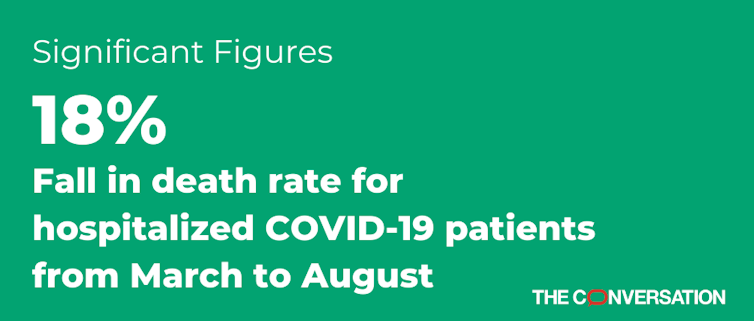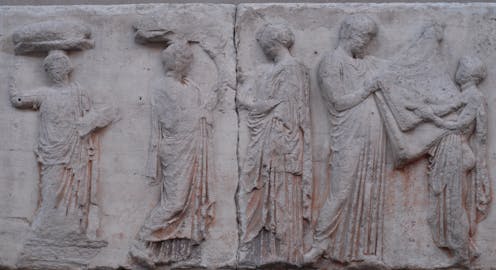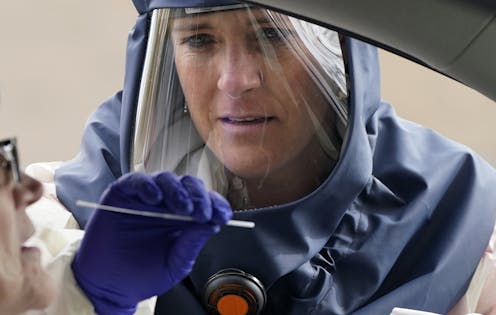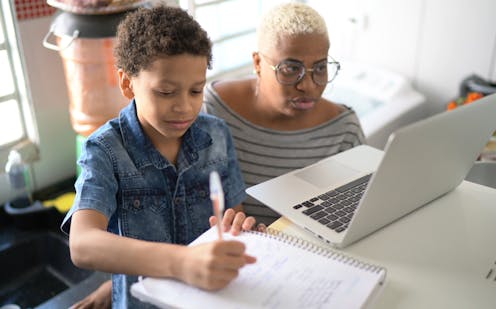A Q A with a historian of presidential polls
- Written by W. Joseph Campbell, Professor of Communication Studies, American University School of Communication
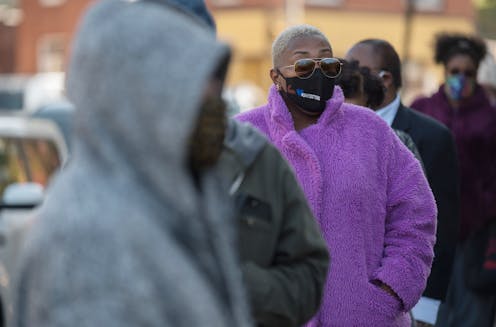 Voters wait to cast their ballots Tuesday at Johnston Elementary School in the Wilkinsburg neighborhood of Pittsburgh, Pennsylvania.Jeff Swensen/Getty Images
Voters wait to cast their ballots Tuesday at Johnston Elementary School in the Wilkinsburg neighborhood of Pittsburgh, Pennsylvania.Jeff Swensen/Getty Images“Epic miscalls and landslides unforeseen: The exceptional catalog of polling failure” is the headline on one of scholar W. Joseph Campbell’s recent stories for The...





